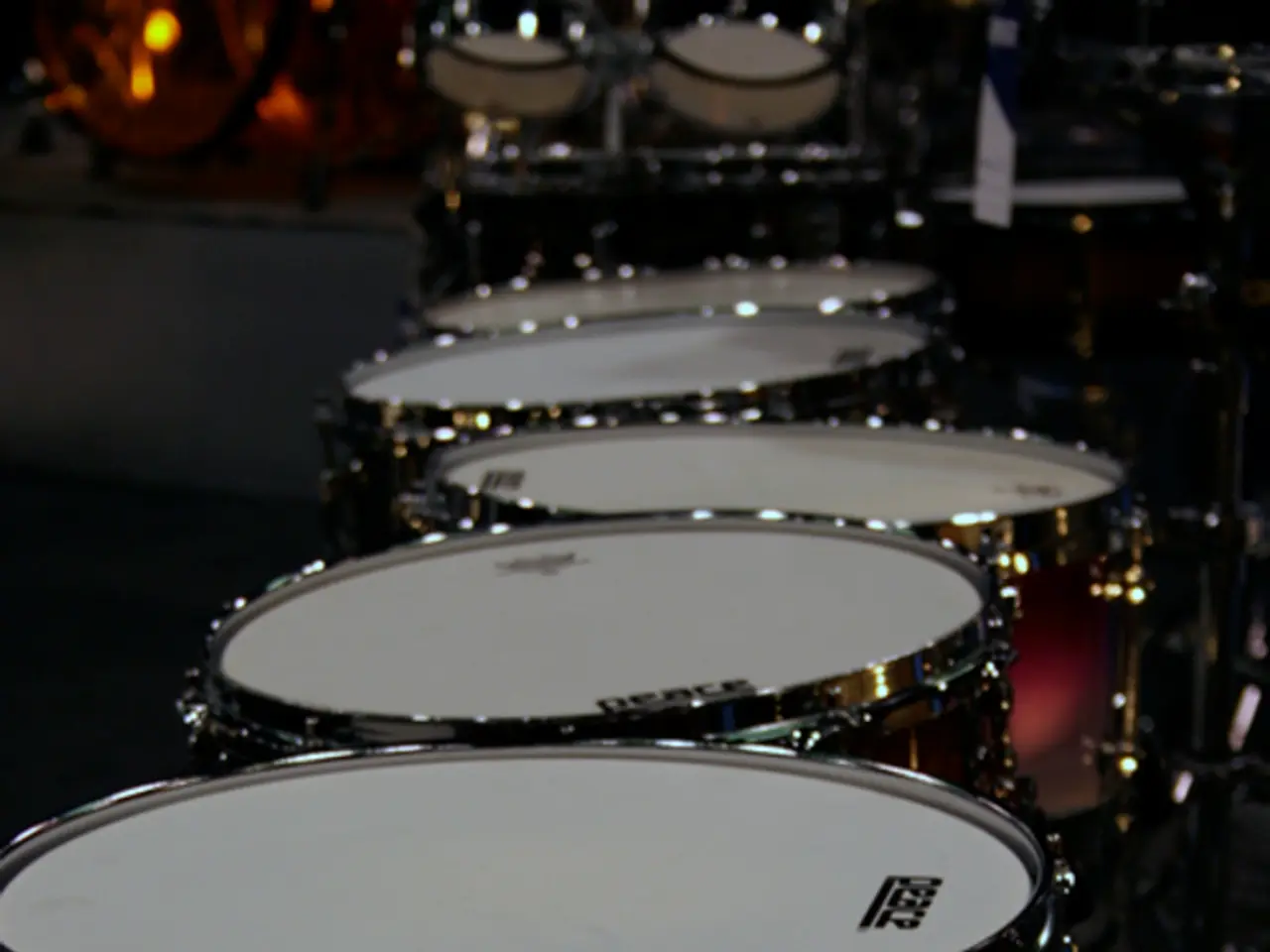Depressed Mood: Signs, Causes, and Solutions
Agitation, a combination of anxiety and depression, can be a challenging symptom for individuals with bipolar disorder. This condition, when left untreated, can lead to impulsive or aggressive behavior and significantly impact a person's relationships, work or school performance, and overall health and safety.
Fortunately, effective management strategies exist. A combination of pharmacological treatment, psychotherapy, and social support tailored to balance mood and reduce agitation is key.
Medication management plays a crucial role. Mood stabilizers such as lithium carbonate, anticonvulsants, and carefully prescribed antidepressants (due to the risk of triggering mania) are often used to control depressive and agitated symptoms. In severe or treatment-resistant cases, electroconvulsive therapy (ECT) may be considered.
Psychotherapy is another essential component. Cognitive Behavioral Therapy (CBT) helps patients identify and change negative thought patterns and behaviors contributing to depression and agitation. Interpersonal and Social Rhythm Therapy (IPSRT) focuses on stabilizing daily routines, while Family-Focused Therapy involves family members to improve communication and support. Psychoeducation empowers patients to manage their condition effectively.
Behavioral interventions, such as anger management and behavioral modification therapies, can help reduce agitation and aggressive behaviors associated with agitated depression.
Social support is vital for long-term management. Consistent support systems, such as support groups, family involvement, and community resources, can enhance adherence to treatment and reduce isolation.
Lifestyle modifications, including regular physical activity, good sleep hygiene, and stress management techniques, are also recommended as part of comprehensive care for bipolar disorder.
In conclusion, managing agitated depression in bipolar disorder demands an integrated approach combining medication, structured psychotherapy, and behavioral strategies with strong social support to stabilize mood, reduce agitation, and improve overall functioning. If you or someone you know is experiencing agitation or depression, help is available. In the United States, the 988 Lifeline and Crisis Text Line offer free and confidential support 24/7.
- The bipolar disease, characterized by agitation stemming from a blend of anxiety and depression, can lead to type impulsive or aggressive behavior, potentially causing strain in personal relationships and hampering work or school performance.
- In such circumstances, effective management strategies, focusing on a tailored mix of pharmacological treatment, psychotherapy, and social support, can help balance mood and decrease agitation.
- Mood stabilizers like lithium carbonate, anticonvulsants, and carefully prescribed antidepressants (to avoid mania triggers) are often employed for controlling depressive and agitated symptoms.
- Severely affected or treatment-resistant cases might require electroconvulsive therapy (ECT).
- Cognitive Behavioral Therapy (CBT) helps patients recognize and alter negative thought patterns and behaviors contributing to depression and agitation.
- Interpersonal and Social Rhythm Therapy (IPSRT) focuses on stabilizing daily routines, while Family-Focused Therapy engages family members to improve communication and support.
- Psychoeducation empowers patients to manage their condition effectively.
- Behavioral interventions, such as anger management and behavioral modification therapies, can help reduce agitation and aggressive behaviors associated with agitated depression.
- Social support, provided by consistent support systems like support groups, family involvement, and community resources, is crucial for long-term management and reduces isolation.
- In addition to these, lifestyle modifications including regular physical activity, good sleep hygiene, and stress management techniques are recommended as part of comprehensive care for bipolar disorder.
- Apart from bipolar disorder, other medical conditions like diabetes, macular degeneration, Crohn's disease, psoriatic arthritis, spondylitis, and Alzheimer's disease also demand careful management.
- Migraine, schizophrenia, anxiety, obesity, hepatitis, asthma, and multiple sclerosis (MS) are among the health issues that require attention as well.
- These conditions often share connections with mental health, as illustrated by Editorials in publications like the New England Journal of Medicine and health-and-wellness platforms quoting experts on predictive factors like the AQ score.
- It's important to seek help if you or someone you know is experiencing any form of depression or agitation, as resources like the 988 Lifeline and Crisis Text Line in the United States offer free and confidential support 24/7.




